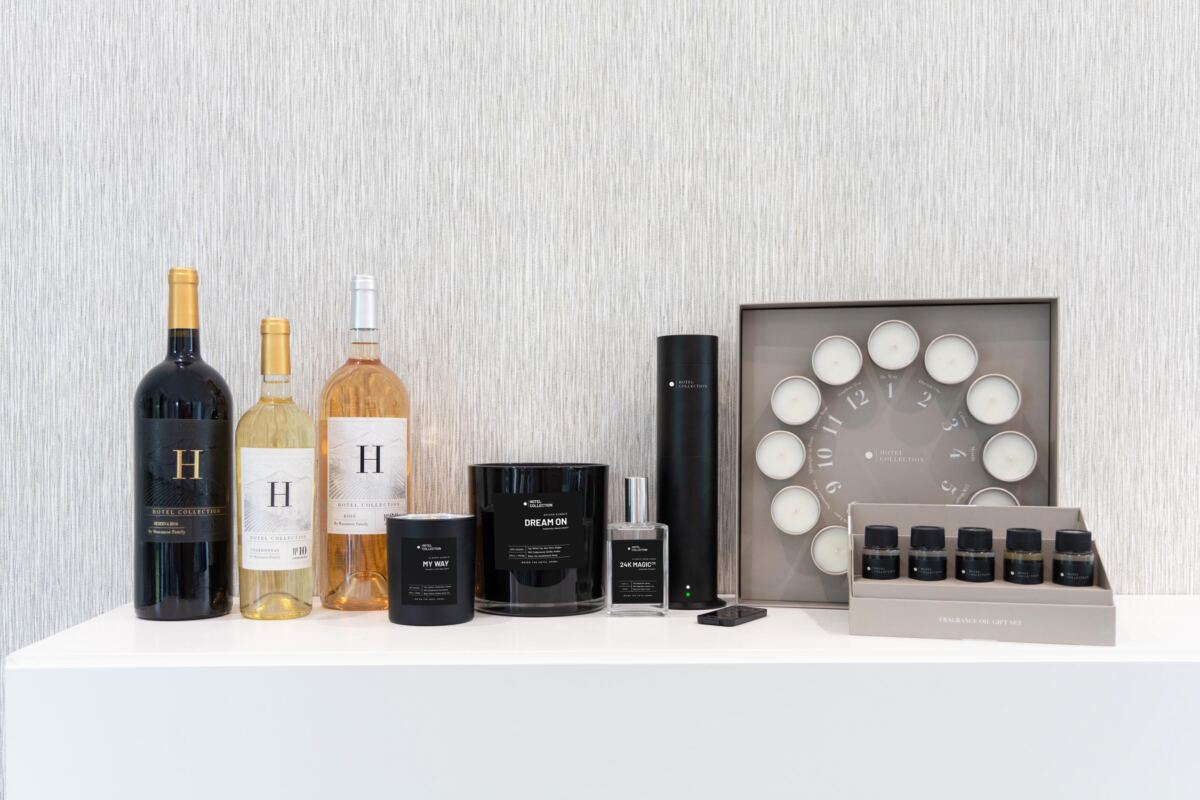It’s every online shopper’s worst-case scenario: clicking “Buy Now” on a product you think you know and love only to find out later it wasn’t from the brand you trusted at all.
That’s exactly the kind of confusion at the heart of a new lawsuit filed by luxury scenting companies Aroma360 and Hotel Collection against upstart competitor Scentiment. And whether you’ve ever purchased a diffuser or not, the case offers a clear message to consumers: not all brands are what they seem.
The Lawsuit That’s Raising Eyebrows
Aroma360, a well-known home fragrance company with a loyal following and high-profile clients, is suing Scentiment for willful brand theft. The lawsuit, filed under the Lanham Act and Florida state law, accuses Scentiment of copying Aroma360’s trademarks, packaging, product names, and overall brand aesthetic. In other words, everything that might make a consumer assume the two are related.
“Hotel Collection has invested years of care and creativity into building a brand that stands for elegance, sophistication, and uncompromising quality,” said Benzion Aboud, CEO of Aroma360 and Hotel Collection. “It is deeply disappointing to see another company attempt to copy our identity, from our trademark to our packaging, in ways that mislead consumers and diminish the integrity of our work.”
Sadly, it was working. Aroma360 claims to have received countless returns from confused customers who thought they were buying from them, only to discover later that the products were from a completely unrelated company.
“We now have warehouse shelves stacked with boxes of defective Scentiment products and oils,” said Rachel Tannenholz, President of Aroma360. “A physical testament to the confusion their deliberate brand imitation has caused.”
Why This Should Matter to You
This isn’t just a corporate legal scuffle. It’s a real-world example of how easy it is to get misled in the era of algorithm-driven advertising and “sponsored posts” that show up first in search results.
Most consumers don’t spend their time analyzing font weights or comparing trademark filings. They see a familiar name, elegant packaging, and a few keywords they recognize and naturally assume they’re buying from the brand they know. And misleading branding isn’t the only risk shoppers face. From fake product listings to gift card fraud, online buyers are encountering increasingly clever traps.
How to Spot the Real Deal
To protect yourself, it’s worth being a little more cautious, especially when shopping for beauty, wellness, or lifestyle goods online. Here are a few ways to make sure what you’re buying is actually from the brand you think it is:
- Check the URL: Always confirm the site you’re shopping from is the official brand domain.
- Use verified retailers: If you’re shopping through Amazon, Target, or other marketplaces, buy only from the brand’s official storefront.
- Look beyond the logo: Packaging design, font choices, and even product names can be copied. Cross-check with the official brand’s website to ensure it matches.
- Watch the spelling: Subtle changes like “360” spelled out as “three sixty,” or “hotel” replaced with “hospitality” are sometimes used to trick the eye.
- Read reviews carefully: If the product has glowing reviews on the brand’s site, but bad reviews elsewhere, that’s a red flag.
And How to Know When Something’s Off
Spotting a fake isn’t always easy, but here are a few red flags to keep in mind:
- Unusually low prices for what’s typically a premium product.
- Different scent names or descriptions that seem “inspired by” the original brand.
- Customer reviews mentioning confusion about the brand name or packaging.
If you’re not sure, don’t rush the checkout button. Take a moment to verify through third-party review platforms like Trustpilot, the Better Business Bureau (BBB), or even Reddit threads where real shoppers share their experiences.
When Brands Pay the Price for Our Mistakes
In the Aroma360 case, the brand has gone out of its way to help confused customers, even accepting returns of products it didn’t sell, simply to maintain trust. But not every company can afford to do that. It takes time, money, and space to fix problems caused by lookalike competitors.
This is where consumers come in.
By staying vigilant and supporting verified sellers, shoppers can help protect the brands they love. When copycat branding slips through the cracks, it’s everyday shoppers who end up paying the price.
Aroma360’s lawsuit may be unfolding in courtrooms, but it’s a reminder for all of us: in a world of endless online shopping and easily replicated branding, it’s never been easier to be misled. Now more than ever, we need to stay critical and verify before we buy.

